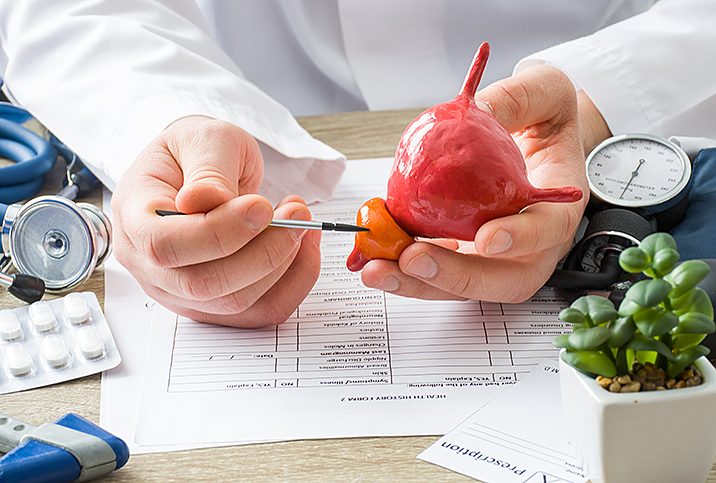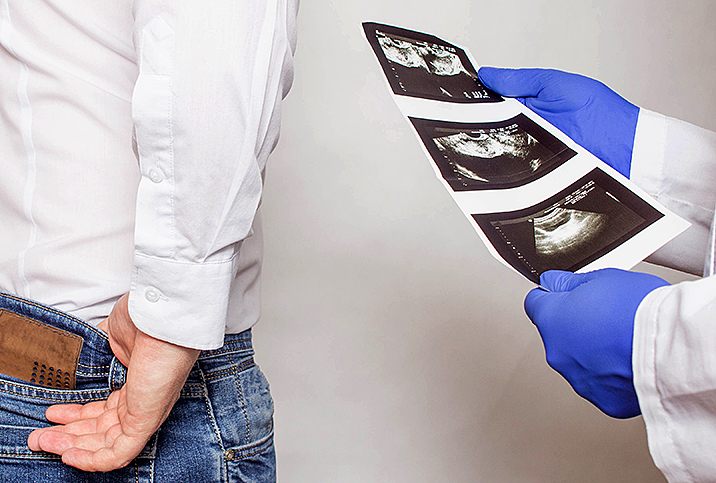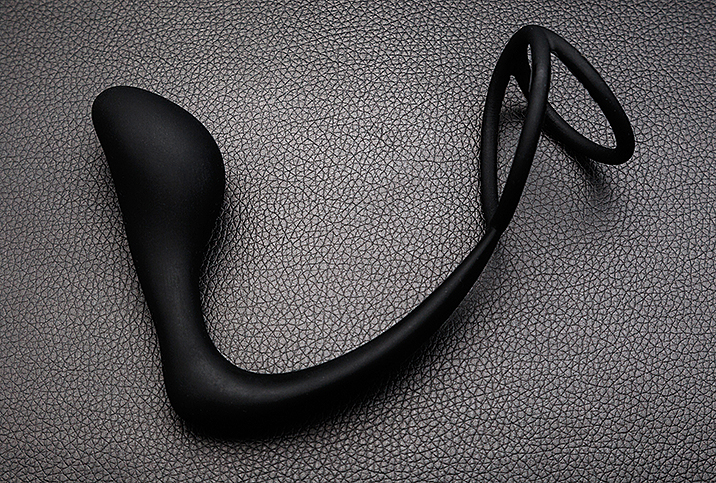How Can You Live With an Enlarged Prostate?

An enlarged prostate can be difficult to deal with, especially when symptoms such as frequent urination and dribbling can cause embarrassment and disrupt your daily life. For patients with mild and benign cases of benign prostatic hyperplasia (BPH), one of the causes of an enlarged prostate, the best medical advice may simply be to "keep an eye on it."
This leaves men to learn how to manage and cope with symptoms without much intervention from their doctor.
About 50 percent of men between the ages of 51 and 60 have an enlarged prostate gland, as do 90 percent of men age 80 and older, according to the National Institutes of Health (NIH). If you are living with an enlarged prostate, read on to find six effective ways to manage your condition.
1. Reduce stress
A study in BMC Urology found a positive correlation between psychological stress and urinary incontinence in patients who had an overactive bladder, which is associated with an enlarged prostate. The more stressed you are, the worse this symptom may become, even if it causes what some men may consider to be mild symptoms.
Focus on reducing stress and finding healthy ways to manage it on an ongoing basis. Mindfulness, meditation, regular exercise and quality sleep are some of the more effective ways to reduce stress.
2. Lose excess weight
Obesity is controllable in terms of a risk of developing an enlarged prostate. Losing excess weight may help reduce and minimize the symptoms of an enlarged prostate. Start modifying your diet to include more healthy foods such as fruits, vegetables, nuts and beans. Your doctor can also work with you to develop a healthy meal plan that helps you lose weight.
"3. Stay active
A sedentary lifestyle can contribute to urinary retention and worsen any existing urinary problems. Stay physically active, even if you start small with 15-minute walks. Pelvic floor exercises, such as Kegel exercises, are especially ideal for strengthening your pelvic floor muscles and improving bladder function.
4. Change or stop certain medications
Inform your doctor or urologist about all the prescribed and over-the-counter medicines you're taking, just to make sure any side effects are not causing or contributing to your enlarged prostate symptoms.
A study published in Drug Safety showed that anticholinergics, anesthetics and analgesics may contribute to urinary retention due to failure of bladder contraction, especially in men with an enlarged prostate. In addition, antihistamines and decongestants are found to tighten rather than relax the muscles around the urethra that control urine flow, causing difficulty with urination.
If you're using any medications that may be contributing to your symptoms, ask your doctor about the possibility of adjusting your dosage or trying other medications or treatments.
5. Limit nighttime fluid intake
Staying hydrated is critical to maintaining good overall health, but drinking large amounts of liquid before bedtime can keep you up all night visiting the restroom, especially if you're already dealing with bladder problems from an enlarged prostate.
If possible, limit your intake of water and other liquids one to two hours before bedtime and be sure to empty your bladder.
6. Reduce caffeine and alcohol intake
Caffeinated beverages and alcohol work like diuretics to make your body expel fluids at a significantly faster rate than other liquids. These substances may also irritate the bladder and cause accidental bladder contractions and frequent urination.
Focus on reducing your caffeine and alcohol intake, especially during the evening. If you typically drink caffeinated beverages like tea and coffee, try drinking them only in the morning so you don't need to take multiple nighttime trips to the restroom.
These strategies can help you if you have an enlarged prostate, but make sure that any major changes to your diet, activity level or medication regimen are coordinated with your doctor, who may also be able to provide other treatment options.
Are you having symptoms that could point to an enlarged prostate or simply concerned you should see a doctor but don't have one you see regularly? You should. Fortunately, telehealth makes it easy to connect with a healthcare professional who can answer your questions and evaluate your situation. Many physicians offer same-day video visits. Giddy Telehealth is an easy-to-use online portal that provides access to hundreds of healthcare professionals whose expertise covers the full scope of medical care, including men's health.


















